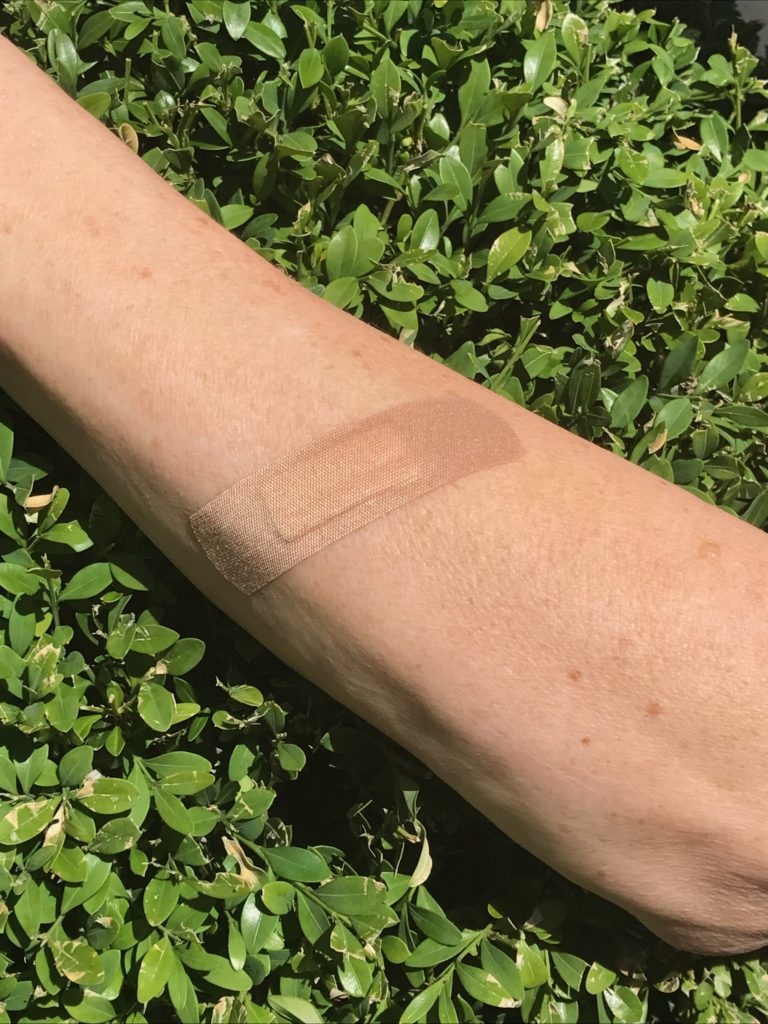
You hear all the time that someone is hurt by someone else’s words or actions. You may feel hurt yourself. It feels lousy to hurt, and most of us want to avoid hurting others. So if someone says you’ve done something hurtful, you must have done something wrong. Right?
Well, it depends.
There are several factors at play: what someone said or did, how they said or did it, how reasonable each person’s expectations were, and how the other person reacted. The result is more complex than you might think. Some examples will show what I mean.
“But if I break up with him, I’ll hurt his feelings.” The young woman who said this was explaining that she didn’t think her current relationship was going anywhere. She liked the guy okay, but didn’t think he was right for her long-term. Since ending the relationship would hurt him, she felt trapped.
Well, it’s almost impossible to end any relationship without someone feeling hurt. That doesn’t oblige you to stay in a relationship that’s not right for you. Your need to move on counts, too. Here, the key is how you end it. If you ghost him, or if you tell him he’s a horrible person and list all his flaws that annoy you, that’s hurtful (and unnecessary). Instead, kindly and respectfully meet in person and tell your decision. Focus on the ways the two of you don’t fit well together (rather than your partner’s failings). He’ll still feel hurt, but you won’t have behaved in a hurtful way.
“I’m hurt my son won’t go to medical school.” Sometimes what people express as “hurt” is really disappointment or frustration that they can’t get what they want—like the mother who was “hurt” her 30-year-old didn’t become a doctor. Saying “hurt” rather than “disappointed” or whatever can be an effective tool for manipulation (conscious or unconscious). If the son worries he’s “hurting” his mother, he may feel guilty about pursuing his own dreams.
Be careful not to say you’re “hurt” when really you’re disappointed that things didn’t go the way you’d prefer. On the flip side, if what’s “hurt” another person is really you making your own choices in a kind way, you haven’t done anything wrong and shouldn’t feel guilty.
“I’m hurt you’re not really paying attention when I’m talking to you.” In our time-stressed, device-dominated world, this is a common complaint. If you’re checking your email or skimming Facebook while your partner wants to have a conversation, you aren’t actually paying attention, and she has reason to feel hurt. We show the people we love that they matter to us partly by giving them our undivided attention.
On the other hand, context matters. If your SO suddenly wants to chat just when you finally get to sit down to watch your favorite show, you might ask her to wait unless it’s really important. (Or, better, start the show later.) Or if he’s already been talking for an hour and keeps repeating himself or just wants to harangue you, you’re not obliged to listen for another hour. It’s all about balancing the needs of each of you.
The bottom line: Whenever someone you care about feels hurt, take that seriously—and think about the situation. If you have done something unkind, inconsiderate, or not-really-honest, own up and apologize. If you think about it (calmly and non-defensively) and you really believe you haven’t done anything hurtful, consider what else might be going on. If the relationship is an important one, at least try to understand other person’s perspective and acknowledge his feelings. We all want to matter to the people close to us, even when we don’t see eye to eye.